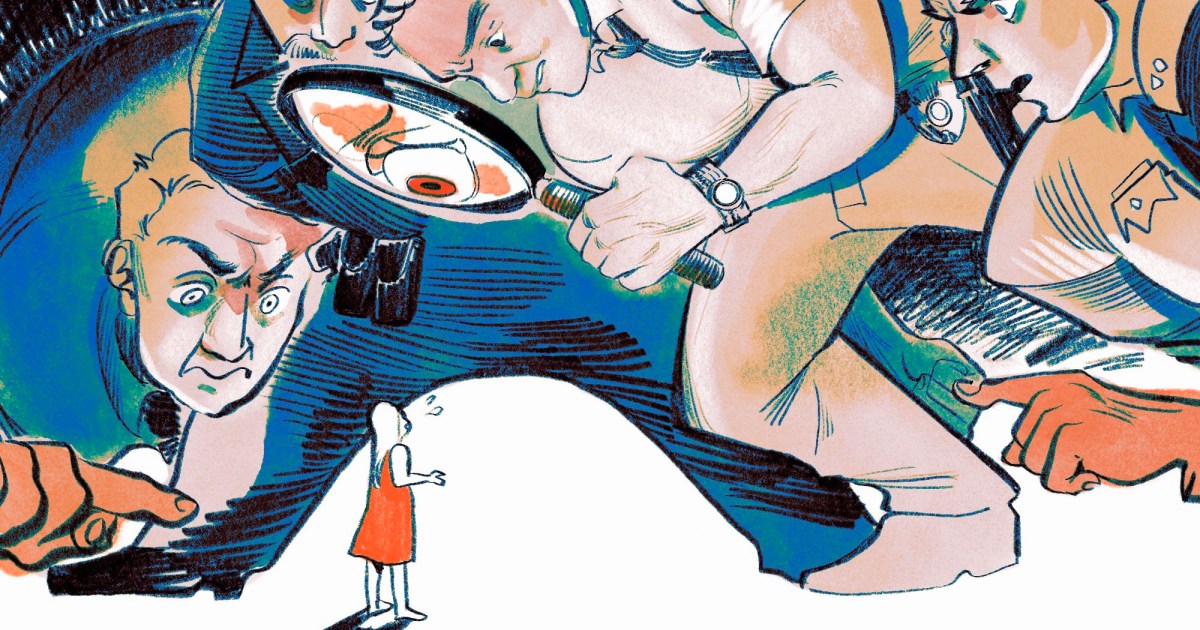
Maine Rep. Jared Golden, a Democrat who last year voted against a federal assault weapons ban, apologized on Thursday for his previous opposition and pledged to reverse course following the mass shootings in Lewiston that killed 18 people and left 13 injured.
“The time has now come for me to take responsibility for this failure, which is why I now call on the United States Congress to ban assault rifles, like the one used by this sick perpetrator of this mass killing in my hometown,” Golden said at a press conference. “For the good of my community, I will work with any colleague to get this done in the time that I have left in Congress.”
Golden—who was elected to office in 2018, won reelection last year and is up for re-election in 2024—was one of five Democrats who voted against a federal assault weapons ban last July. The bill eventually passed the House but has yet to come up for a vote in the Senate. In his apology on Thursday, Golden said he had opposed the ban out of a desire to protect his family and “because of a false confidence that our community was above this.”
“To the people of Lewiston, my constituents throughout the second district, to the families who lost loved ones, and to those who have been harmed, I ask for forgiveness and support as I seek to put an end to these terrible shootings,” Golden said.
Contrition is rare among gun-supporting lawmakers, who have often stopped short of taking meaningful legislative action after mass shootings and become known instead to offer “thoughts and prayers”—or alternative theories about what actually makes such events so lethal. My colleague Mark Follman noted one example following the horrific mass shooting in Uvalde, Texas last year, in which the shooter used an AR-15:
A month after Uvalde, state Sen. Bob Hall argued that the perpetrator’s firepower was irrelevant because “he had enough time” to kill the 19 children and two teachers “with his hands or a baseball bat, and so it’s not the gun.”
Similar, though slightly less overt, resistance has already been on display following the Lewiston shooting. When a reporter asked Maine’s Republican Sen. Susan Collins, for example, if she would follow Golden’s lead in reversing her opposition to an assault weapons ban, she responded that it was “more important that we ban very high-capacity magazines.”
“I think that would have more input and more effectiveness,” she added.
Maine Governor Janet Mills announced Friday night that the suspected Lewiston shooter, 40-year-old Robert Card, of Bowdoin, had been found dead in the town of Lisbon, just a few miles southeast of where he carried out his rampage at a bar and a bowling alley on Wednesday. Card’s body was found with an apparent self-inflicted gunshot wound around 7:45 p.m. near the Androscoggin River, Commissioner of Maine Department of Public Safety Mike Sauschuck said.
The discovery of the suspected shooter’s body followed a massive, days long manhunt by authorities that included investigating more than 500 tips that came in about Card, a U.S. Army reservist, officials said. A federal official told the Associated Press that authorities had taken Card in for evaluation this summer after military officials became concerned that he was acting erratically; family members told NBC News that Card’s mental health had deteriorated rapidly before the shooting and that he had reported hearing voices.
In a statement issued after the shooting, President Biden called on Republicans to support both an assault weapons and high-capacity magazines ban. “This is the very least we owe every American who will now bear the scars—physical and mental—of this latest attack,” Biden said in the statement.
Update, October 27: This story has been updated to reflect the announcement of the death of the suspected shooter.















